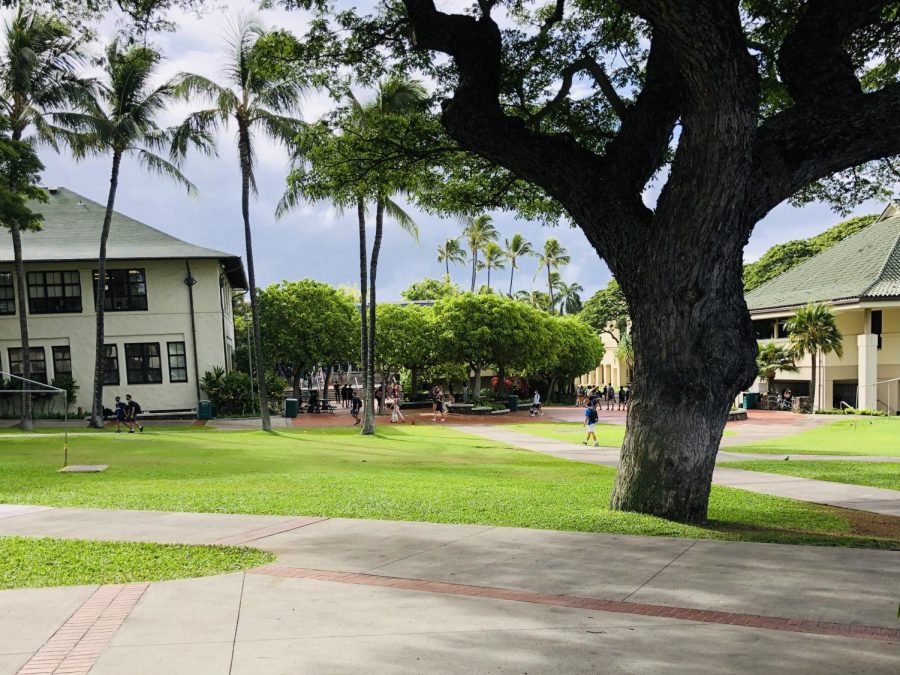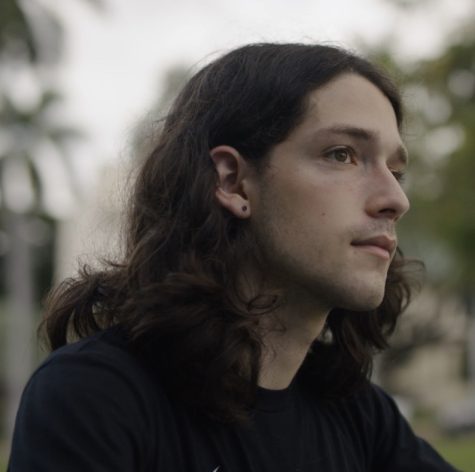In a more normal year, back-to-school anxiety might not be newsworthy. Every new school year brings new classes and teachers, new friends and new responsibilities, and a long list of new things for every student to think and worry about. But after eighteen months of pandemic-fueled abnormality, and during a return to the typical Academy schedule and the complex workload it creates, this year has felt unusually hard. Over the past month, the routine concerns of any new school year have been compounded by shifting expectations and unprecedented challenges for students.
Unprecedented might not actually be the best word to use, given that the schedule this year is so similar to the one used in 2019-2020 and previous school years – but it’s still a jarring change when compared to the block-based schedule used last year.
“The schedule and workload from this year compared to last year is beyond what we are used to,” says Jelene Sanidad ‘23. “Everyone feels thrown into it and is unprepared. I think it’s important that the teachers realize that we aren’t used to having this many classes at once and this much workload… the school expected us to just throw ourselves back in, but everyone is struggling.”
Changes in expectations for tests are another major source of stress. During the 2020-2021 school year, many classes allowed students to use their notes during quizzes and tests, prioritizing understanding over memorization.
“It’s pretty crazy that they went from open notes last year to no notes this year,” Sean Wilson ‘23 points out. “It’s a pretty big shock. With open notes, we had a certain amount of time we used to study and didn’t have to memorize random material like certain formulas. Now, we get the same amount of time to study but we have to memorize every formula in the book.”
Students have also cited low test scores as evidence of a difficult beginning to the year. “The average test scores are slightly above 50% in math,” Sanidad ‘23 notes, referring to a recent Algebra 2/Trigonometry test in which she says the average score was 17 points out of 31 possible points. “Does that not show how we may be struggling?”
Teachers are aware of these complaints, of course. Scott Leitner, Academy Mathematics Department Head, explains that the math department decided to “set the bar where we were in 2018 to get a baseline, and then adjust accordingly.” Similar things are happening in different subjects across the Academy, he says, as teachers work to figure out where their students need extra support. “It’ll take time,” he emphasizes. “This will be an evolving process as we move through the quarter and the semester.”
Leitner declined to discuss specifics about the Alg II/Trig test average mentioned by Sanidad ‘23, but acknowledged that “the test did cause angst.” He pointed out that many students in that course had their Algebra I course disrupted by the onset of the COVID-19 pandemic, and reiterated that teachers intend to adjust based on the test results and “make sure that [students] have a strong foundation” on which to spend the rest of the year building.
In addition to academics and routine, a list of stressors for this year’s Academy students would be incomplete without mentioning the ongoing pandemic. “The start of the school year has felt more normal, which has been great, but I still get a lot of anxiety pertaining to going to school in a pandemic,” says Kate Ellis ‘22. “Worrying about catching COVID and feeling awkward around people who wear their masks incorrectly has added onto the growing stress of attaining good grades and college applications.” Even so, Ellis adds, “it has been great to be able to see my friends and enjoy my senior year with some normalcy.”
All of these things are real sources of stress, but perhaps none of them should be unexpected during the transition back toward the normal structure and schedule of the Academy. “Many people find change unsettling and there’s lots of research connecting uncertainty and stress,” explains Dr. Maureen MacLeod, Department Chair for Support + Wellness (The S+Well). And on a positive note, MacLeod says, the pandemic has brought “widespread recognition in our community – and the world in general – that we need to tend to the social and emotional wellness of our students and teachers. We want everyone to know they are not alone in feeling unsettled or upset during this time of change and uncertainty.”
Resources including the S+Well are available to students as they adjust to the routines and expectations of the new school year, and teachers are making changes as well. The anxiety brought by this school year is a real concern, and help is out there for students seeking support.
The Peer Learning Center is open in Cooke Learning Commons to assist with coursework from 8:00–11:25am and 12:30–3:30pm, and is reachable at [email protected]. Additionally, Punahou’s Support + Wellness Department (The S+Well) is open daily on the main floor of Alexander Hall to provide students with counseling and learning support services, and is also a place to take a quiet break or visit Punahou’s new therapy dog, Cedar. The S+Well Student Counseling Request Form can be found here. For immediate support in a crisis, please contact the Oʻahu ACCESS Crisis Line at 808.832.3100 or text ALOHA to 741741.


